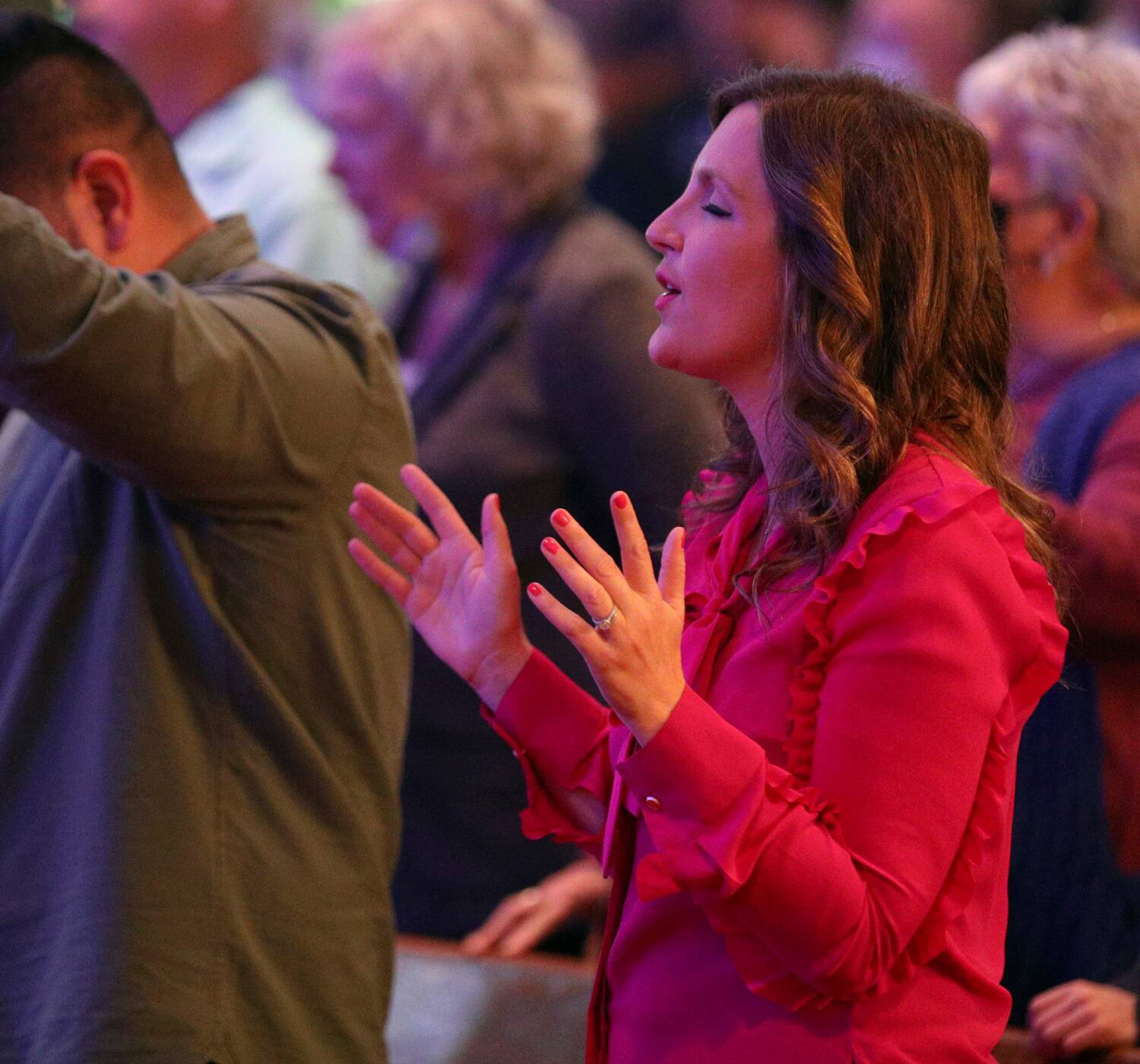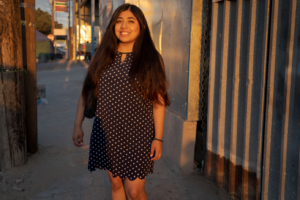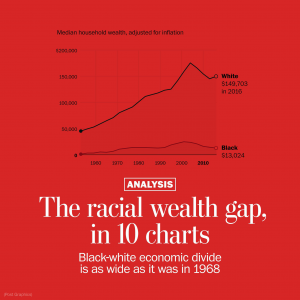If public health leaders want to reach people who are hesitant about covid-19, they should start in churches. That’s the takeaway from a new survey conducted by the Public Religion Research Institute in concert with Interfaith Youth Core.
The poll, which probed more than 5,000 Americans, finds, “Among those who attend religious services at least a few times per year, 44% of those who are hesitant and 14% of those who are resistant say faith-based approaches would make them more likely to get vaccinated.” The percentage of those who have either received the vaccine or plan to soon varies greatly by religious denomination. That includes 85 percent of Jewish Americans, 68 percent of White Catholics, 63 percent of White mainline Protestants and 63 percent of other non-Christian religious Americans. On the other end of the spectrum: “Less than half of Black Protestants (49%), other Protestants of color (45%), white evangelical Protestants (45%), and Hispanic Protestants (43%) say they have gotten or will get vaccinated as soon as possible.”
While religion is a significant factor when it comes to vaccine aversion, so is race. Sixty percent of Whites accept vaccines compared with 25 percent who are hesitant and 15 percent who are firmly against. Hispanics and Blacks are less accepting of vaccines, with 37 and 34 percent expressing hesitancy, respectively, and 11 and 19 percent opposed to them.
Moreover, Republicans remain the most intransigent when it comes to vaccination. While 73 percent of Democrats have received at least one dose of a coronavirus vaccine or will get vaccinated as soon as possible, only 45 percent of Republicans say the same. Fifteen percent of Democrats and 20 percent of Republicans take a wait-and-see attitude, while 6 percent of Democrats and 12 percent of Republicans say they will get vaccinated only if required. The gap among those refusing to take the vaccine under any circumstance is striking: 6 percent of Democrats versus 23 percent of Republicans.
As per-day vaccinations begin to fall and the pool of eager-to-vaccinate Americans shrinks, the poll holds important data for breaking through to the least amenable to government messaging — especially groups that most strongly backed the disgraced former president.
The most popular and interesting stories of the day to keep you in the know. In your inbox, every day.
The survey also finds:
Strikingly, fewer than half (43 percent) of White evangelical protestants who regularly attend religious services have received the vaccine or plan to soon. The numbers become even more alarming when one delves into the conspiracy swamps of right-wing media: “Americans who are vaccine accepters are less likely to agree with QAnon conspiracy theories (5%) than those who are vaccine hesitant (17%) or refusers (38%).” And news consumption holds one clue as to the identity of the most stubborn vaccine refusers: “Majorities of Republicans who report trusting mainstream news (58%) or Fox News (54%) most are vaccine accepters. By contrast, only about three in ten Republicans who trust far-right news (32%) or no television news (30%) are vaccine accepters.”
While not a cure-all, religious leaders may find success in encouraging their congregants to take the vaccine. They can hold information sessions, set an example by getting the vaccines themselves, allow their houses of worship to be used as vaccination centers and help their flocks make appointments. “Religious groups with high levels of vaccine hesitancy or refusal are among the most attracted by these faith-based approaches. Nearly four in ten white evangelical Protestants who are hesitant to get vaccinated (38%) say that one or more of these faith-based approaches would make them more likely to get a vaccine.”
While the more secularized mainstream media is understandably focused on what politicians say and do, they overlook where real progress in breaking down vaccine aversion can be made. It’s time to take vaccines to church.




